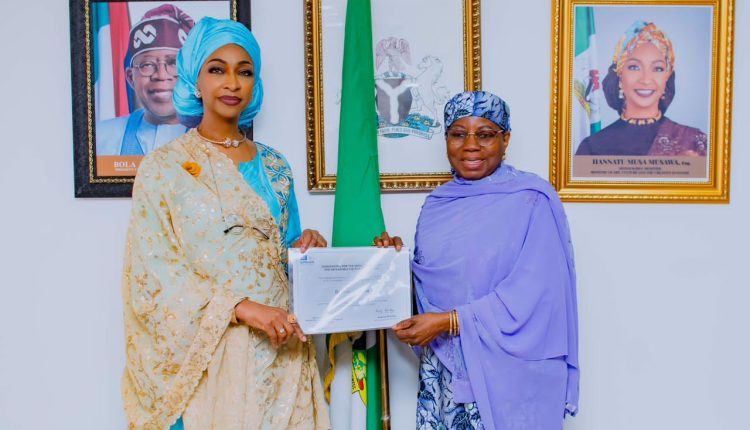Imagine a sea of colourful horses, their riders adorned in vibrant attire, parading through the streets of Kano, Nigeria. This is the Kano Durbar Festival, a yearly celebration of the region's culture and heritage that has been recognised by UNESCO as an Intangible Cultural Heritage of Humanity. The recognition by UNESCO is a testament to the significance of the Kano Durbar Festival in Nigeria's cultural landscape. According to Hajo Sani, Nigeria's Permanent Representative to UNESCO, the festival met all five criteria for an element to be inscribed on the list of Intangible Cultural Heritage of Humanity.
But have you ever wondered where this magnificent festival originated? The Kano Durbar Festival has a rich history that dates back to the 14th century when the Hausa Kingdom of Kano was a major centre of trade and commerce in West Africa.
The word "Durbar" is derived from the Persian word "darbar," which means "royal court." The festival was initially a ceremonial event where the Emir of Kano would showcase his wealth and power by parading his horses, soldiers, and other dignitaries through the city.
Over time, the Durbar Festival evolved to become a celebration of the region's culture and heritage. The festival takes place during the Eid al-Fitr celebrations, which mark the end of Ramadan, the Islamic holy month of fasting.
Today, the Kano Durbar Festival is a grand display of horse riding, music, and dance. The festival features thousands of horses, adorned in colourful regalia, parading through the streets of Kano. The riders, dressed in their finest attire, showcase their equestrian skills, while the sound of drums and trumpets fills the air.
The inscription of the Kano Durbar Festival on the UNESCO list brings numerous benefits to Nigeria and the local communities. It calls for greater responsibility from the government and stakeholders to maintain the festival's sustainability and authenticity.
This recognition is not just a celebration of Nigeria's cultural heritage; it's also a testament to the country's multicultural status. As Minister of Arts, Culture, Tourism and Creative Economy Hannatu Musawa noted, "This is part of what makes us exciting to the world stage, what makes our global expressions quite unique, because we represent every part of the world".
The Kano Durbar Festival is now one of eight Nigerian cultural elements recognised by UNESCO. This achievement is a product of hard work and commitment from stakeholders, and it's a call to action for Nigeria to continue showcasing its rich cultural heritage to the world.
Sources
UNESCO
Voice of Nigeria

